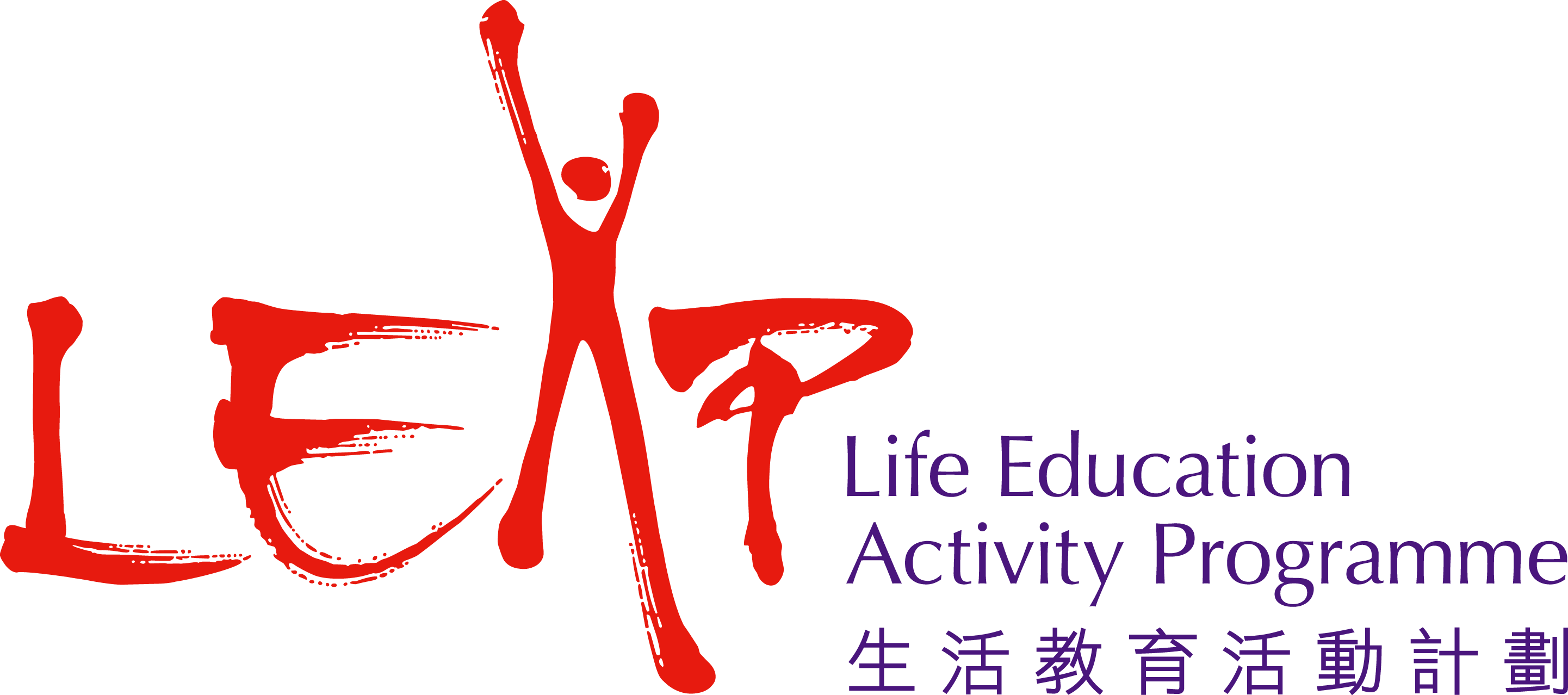Cannabis
Name: Cannabis
Street name: Weed, Pot, Grass, Dope
Appearance: Marijuana is the most commonly used form. It is made from the dried leaves, stems and flowers of the plant “cannabis sativa”. Cannabis resin is made from the plant’s resin, which is extracted from the flowering tops and leaves of the female plants, then dried and compressed.
Medical use: The active ingredients in cannabis are Delta-9 tetrahydrocannabinol (THC) and cannabidiol (CBD). Some countries have legalized the medical use of cannabis, acknowledging its use in treating the nausea and vomiting of cancer patients due to chemotherapy, reducing seizures in people with epilepsy and reducing chronic pain. However, there are a lot of risks associated with cannabis use. Therefore, it is highly regulated in terms of the legal amounts allowed, user’s age limit and venues for use.
Category: Cannabis is a depressant but also possesses hallucinating effects at higher doses.
Method of use: Marijuana is usually smoked in hand-rolled cigarettes often called “joints” or in smoking implements such as pipes and bongs. Cannabis herbs or cannabis resin can also be taken orally, usually in tea, cakes or cookies while cannabis extract is usually spread on a cigarette and smoked. In recent years, some users have added cannabis oil in electronic cigarettes (the most potent form of cannabis is oil which is produced by further refining cannabis resin).
Effects of Cannabis Use
Effects of cannabis vary from person to person depending on factors such as dosage, how potent the marijuana is, the way it is used, characteristics of the user, mood, previous experience with the drug and the setting.
Effects of Small Doses
- Feeling unusually well and happy;
- Feeling relaxed and less inhibited;
- Talking and laughing more than usual;
- Anxiety;
- Loss of concentration;
- Poor coordination;
- Slowed reaction time;
- Dry mouth and throat.
Effects of Larger Doses
- Delirium;
- Paranoia;
- Hallucinations;
- Altered senses;
- Impaired short-term memory;
- Impaired logical thinking;
- Impaired movement and concentration.
Long-Term Effects
- Anxiety and panic attacks;
- Depression;
- Increased risk of respiratory diseases such as bronchitis and lung cancers;
- A decrease in motivation;
- A decrease in concentration, memory and ability to learn new things;
- Hormone problems. Cannabis can cause irregular menstrual cycles, decreased sex drive and lower sperm count;
- People with a predisposed schizophrenic condition may be more likely to suffer from psychosis;
- Heavy use can induce a drug-related psychosis usually involving memory loss, confusion, hallucinations or delusions.
Mixing Cannabis with Other Drugs
If cannabis is used in conjunction with other depressants, the depressant action generally increases. When cannabis is combined with alcohol, it can frequently lead to accidents. Using cannabis with other drugs increases the risks and makes the consequences unpredictable.
For detailed information, please refer to the following websites:
Institute of Mental Health Castle Peak Hospital
https://www3.ha.org.hk
Narcotics Division, Security Bureau: Anti-drug Information and Resources
https://www.nd.gov.hk
Narcotics Division, Security Bureau: Anti-drug Resources for Teachers and Social Workers
https://www.nd.gov.hk
Hong Kong Police Force: Types of Drugs

 />
/>


